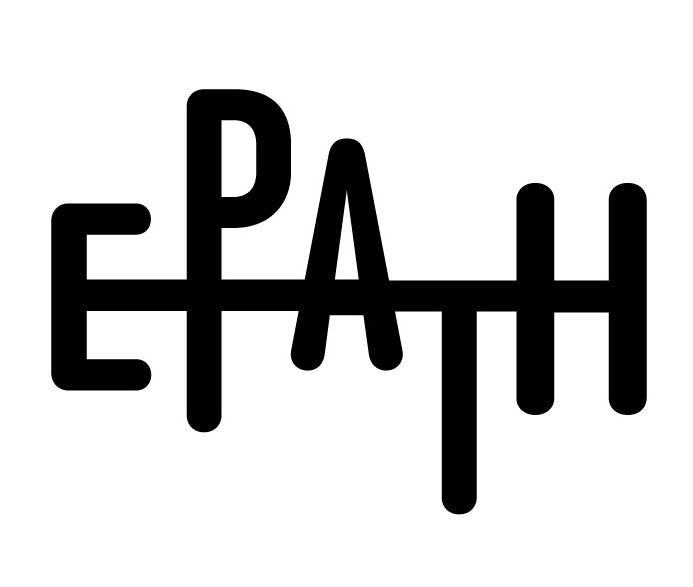Public Session
Adrian Hector

I Sued Meta to Defend My Identity – and Won
What followed was a precedent-setting legal win in Germany, grounded in the Self-Determination Act (SBGG). But this case wasn’t just about me, it exposed how little protection digital platforms offer to trans people and how crucial it is to fight back.
Drawing from my work in parliament and community organisations, I will explore how legal tools, public visibility, and community pressure can shift power and why trans voices must be at the centre when policies and systems that affect our lives are shaped.
Biography
A committed activist, Adrian Hector has held leadership roles in several LGBTQ+ organizations, including serving as executive board member of the Bundesverband Trans* from 2018 to 2019. He has been active in politics with the German Green Party (BÜNDNIS 90/DIE GRÜNEN) since 2018, where he has served in various capacities, including as spokesperson for QueerGrün Hamburg and deputy spokesperson for the federal working group on gay policy.
From 2022 until 2025, he was a member of the Hamburg Parliament, where he was the spokesperson for gender diversity, science, and higher education. His political work focuses on dismantling structural discrimination, promoting self-determination laws, and advancing inclusive policies in education and public life.
Adrian Hector is a trans man who came out seven years ago, and his personal journey has deeply informed his advocacy. He organized peer support groups for trans men and non-binary individuals and champions reforms to Germany’s legal and healthcare systems to better serve trans communities.
Noa Verena Jurilj

Beyond Norms: Perspectives and Needs of Trans and Neurodivergent People
Transgender individuals who are also neurodivergent often navigate a world that was not built with their needs in mind. This presentation explores the lived experiences at the intersection of gender diversity and neurodivergence, focusing particularly on the challenges of transition-related healthcare and the discrimination that frequently occurs within medical systems.
Drawing on first-hand accounts from neurodivergent trans* people – especially those who are autistic or have ADHD – the talk highlights both the systemic barriers they face and the specific needs they have in accessing affirming care and support. At the same time, it underscores the resilience, creativity, and unique perspectives that arise from these intersecting identities.
This presentation aims to encourage participants to deepen their understanding and actively support and empower individuals who live beyond normative expectations, particularly within healthcare contexts.
Biography
Noa Verena Jurilj is a licensed psychotherapist with their own outpatient practice in Georgsmarienhütte, Germany. They specialize in working with trans* individuals, neurodivergent clients, and those with trauma-related disorders. Additionally, they provide relationship counseling, particularly for consensually non-monogamous and queer couples, as well as polycules.
As a member of the Bundesverband Trans*, they are an appointed member of the committee responsible for updating the S3 guidelines on “Gender Incongruence, Gender Dysphoria, and Trans Health: Diagnostics, Counselling, and Treatment.”
Noa Verena Jurilj also offers workshops for psychotherapists and delivers lectures in clinical settings on best practices when working with trans* individuals, with or without neurodivergence. Furthermore, they lead several nationwide quality circles on \transgender health and couples’ therapy, while also actively participating in others.
Their recent activist efforts include founding a registered non-profit organization that
provides regional counseling and support for queer individuals in Lower Saxony.
Georg Romer

Beyond the Cass Review: New Clinical Practice Guidelines and Ethical Recommendations in Youth Transgender Health Care across Europe
In the light of partly inconsistent evidence the standards for best practice in transgender health care in adolescence are still a focus of international debate. In current treatment guidelines as developed by scientific medical societies, however, there is broad agreement in that appropriate healthcare in this field has to face these uncertainties just as this is the case in other complex conditions in paediatric medicine. Therefore practice guidelines are needed that are based on both the best available evidence and the broadest available clinical expert consent. Furthermore, guidelines should define how to address the ethical challenges in this field that arise from balancing beneficence and non-maleficence, and giving due weight to autonomy and justice. Furthermore, treatment recommendations should be particularly sensitive to aspects of participation and discrimination of this patient group representing a vulnerable minority. In this keynote, the following recently released practice guidelines and consensus papers from various European countries will be summarized and discussed with a focus on how they address the issues around evidence and ethics in this field:
- German S2k-guideline Gender Incongruence and Gender Dysphoria in Childhood and Adolescence: Diagnosis and Treatment, published by the German Association of Scientific Medical Societies (AWMF, 2024);
- Recommendation paper: Medical treatment for minors with gender dysphoria: Ethical and legal considerations, published by the Swiss National Advisory Commission on Biomedical Ethics (2024);
- Practice guideline: Endocrine management of transgender and gender diverse adolescents, Expert opinion of the ESPE Working Group on Gender Incongruence (2024):
- Practice guideline: Endocrine management of transgender adolescents: Expert consensus of the French society of paediatric endocrinology and diabetology working group (2024)
Biography
He has more than 20 years clinical experience in working with gender dysphoric children and adolescents and their families. As one of the leading experts in transgender mental health in childhood and adolescence in the German speaking area, he has been the chairperson of the new Clinical Practice Guideline for Gender Dysphoria in Childhood and Adolescence (S2k-Guideline) of the German Association of Scientific and Medical Societies (AWMF), which is authorized by 26 medical and psychotherapeutic societies in the German speaking area. He he is also spokesperson of the Centre for Transgender Health at the University Hospital Münster, which was founded in 2022 as an interdisciplinary treatment centre for comprehensive care in transgender health (https://www.ukm.de/zentren/center-for-transgender-health).
